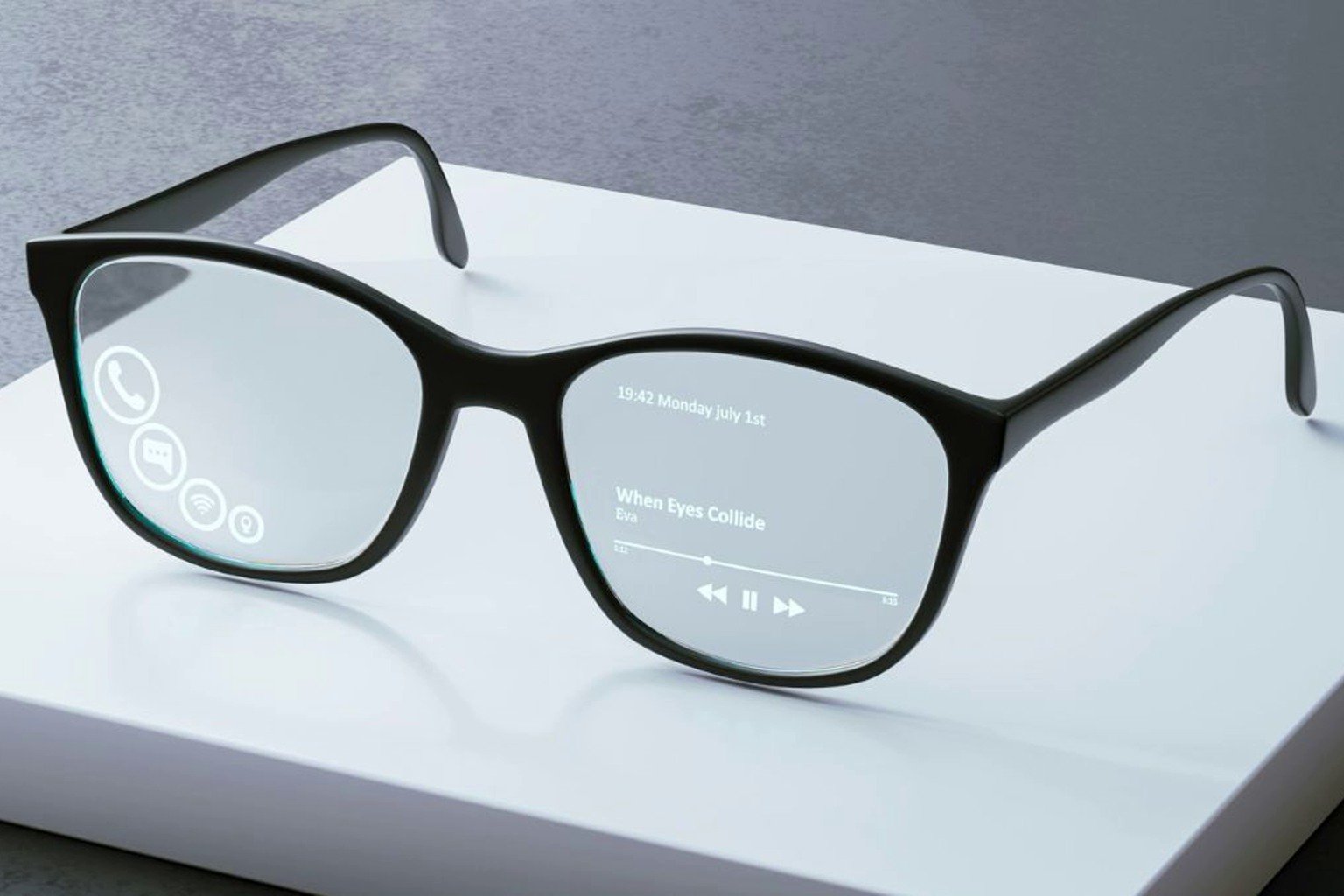Imagine a pair of glasses that can focus on whatever you’re looking at automatically, no manual adjustment needed. This is not science fiction—it’s a breakthrough technology about to change the way millions wear glasses every day. A Finnish startup is developing the first autofocus glasses, inspired by the smart autofocus found in cameras, promising to revolutionize how we see the world, according to the online media The Next Web.
While tech giants compete to create smart glasses for augmented reality and social media, this subtle innovation aims to tackle a much more common frustration. People who wear glasses, especially those with multiple prescriptions like bifocals or progressive lenses, know the struggle of limited vision zones and head tilting. The new autofocus glasses automatically adjust focus in real time, redefining comfort and clarity.
How autofocus glasses work to change your vision experience
Standing abs in 20 minutes: the perfect workout if you hate classic exercises
The Finnish startup IXI, founded in 2021, is at the forefront of this cutting-edge technology. Instead of relying on bulky electronics or confusing interfaces, these glasses use a small sensor that tracks eye movements and emits harmless light pulses to measure the precise distance between your eye and what you’re looking at.
That data is immediately sent to liquid crystal lenses embedded in the glasses, which change their curvature on the spot. The adjustment happens lightning fast—in just 0.2 seconds—delivering perfect optical focus whether you’re reading a book, watching your phone, or looking across the room.
IXI’s cofounder Niko Eiden compares this innovation to the evolution in photography, where cameras moved from fixed focus to dynamic autofocus. “We want to spark a similar leap forward for glasses,” he says. And with $36 million in funding, IXI is stepping on the accelerator to bring this tech into everyday use.
Why autofocus glasses could replace bifocals and progressives
Right now, many people depend on bifocal or progressive lenses that split vision into zones, forcing awkward head movements or causing distorted vision areas. These traditional glasses are a compromise between looking close and far, often resulting in frustration and discomfort.
The promise of autofocus glasses is to create a clear field of vision across the entire lens without those compromises. Because the electronics are tiny enough to fit into classic frames, the glasses can look just like normal ones while delivering a perfect, changeable prescription at every moment.
This innovation is not just about comfort; it could also be a major win for eye health. Continuous strain from trying to focus awkwardly on progressive lenses can cause headaches and blurred vision. Autofocus glasses could ease that stress, offering an all-day comfortable experience.
Challenges ahead and what the future holds for smart lenses
Although the technology is exciting, there are still hurdles to clear. IXI needs to ensure the glasses remain transparent, lightweight, and comfortable enough for a full day’s wear. They must also meet strict medical safety standards before these can become a trusted option for eye care.
According to Feng Shui, this is the best spot for bay leaves to draw abundance
Other companies around the world, including France’s Laclarée and Japan’s Elcyo, are also working on autofocus glasses, but none have launched commercially yet. IXI plans to use their recent funding to grow their team and open a new lab, with public demonstrations expected by the end of this year.
On a personal level, I’ve worn progressive lenses for years, and the constant switching focus zones always felt like a hassle at work or while driving. The idea that glasses could adjust automatically to reduce that mental and physical strain is incredibly appealing. It makes me wonder how many small adjustments in our daily life could be solved with just a bit of smart technology.
What do you think? Would you be ready to toss your bifocals for glasses that automatically adapt to your environment? Have you faced challenges with traditional lenses that you wish could be fixed? Share your experiences in the comments below and let’s talk about how this new wave of optical innovation might reshape the future of seeing clearly.
Don’t forget to share this article with friends and family who wear glasses—they’ll want to know that a smarter, more comfortable vision could be just around the corner.

Yes, I’m ready! Sign me up!!!!!!
Yes, please let me know when they are available.
I have 3 pairs of glasses. One for reading. One for normal daily wear and a pair of dark glasses for wearing in the sun. It is realy frustrating and I would definitely be interested in having auto focus glasses. So, get it going and get all the obstacles out of the way!
Would like to offer this in our optometric practice.
First off, i would like to note that i am typing this with my digit…